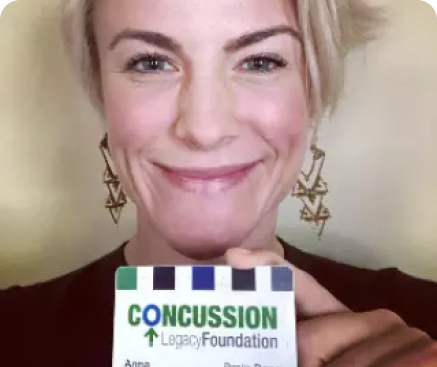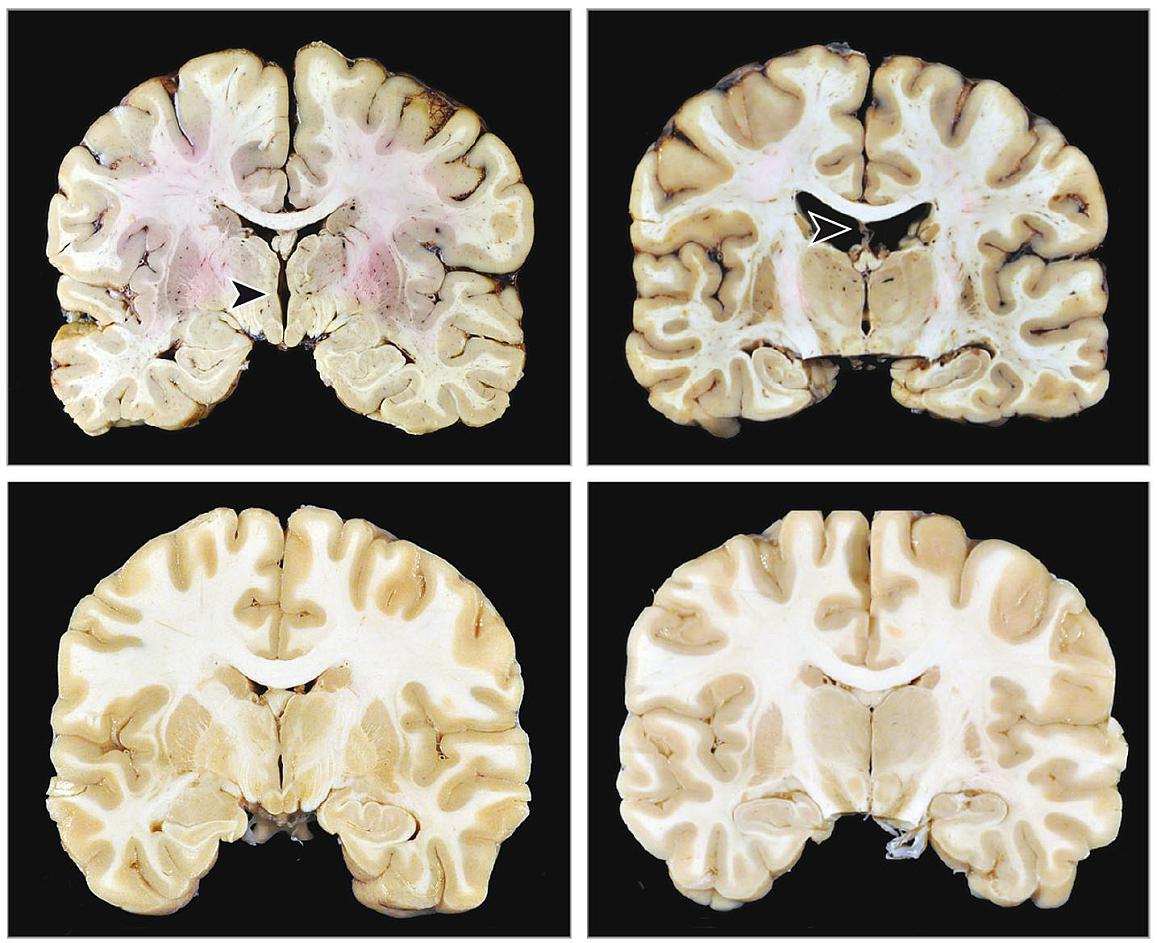I loved my husband Matt Cappotelli with my whole heart. He was a man of incredible faith, strength, and kindness. We lost Matt to an aggressive form of brain cancer on June 29th, 2018, but his 38 years of life were filled with boundless love and genuine care for everyone he knew. Because of his football and professional wrestling career, we decided to donate Matt’s brain for research. We were surprised to learn that, in addition to all the complications and symptoms caused by his pervasive brain tumor, Matt also had early-stage CTE when he passed away. This is the story of Matt’s life, and the legacy he leaves behind.
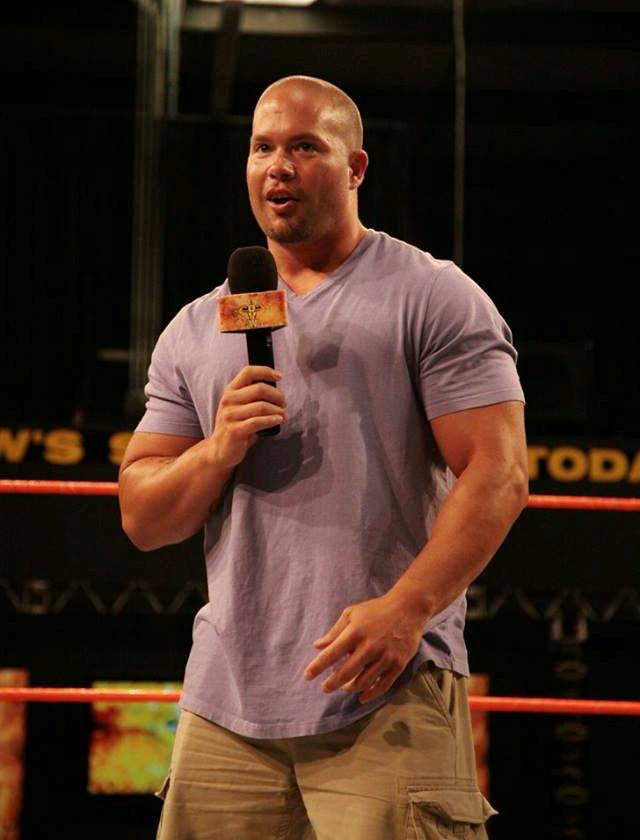
Matt grew up in the small town of Caledonia, New York, which was a huge football town. His dad owned a gym and had him start lifting weights at a young age, something he loved and continued for the rest of his life. He started playing football in 8th grade and quickly became a star player. Matt had a great work ethic and was an amazing athlete, but he was also smart, witty, funny, outgoing, humble, and kind. He was known in his town and high school not only as a terrific football player, but for his humility and caring personality. Matt was a Jesus follower, and you could see that in the way he loved and interacted with people.
Matt continued playing football throughout his first couple of years of college at Western Michigan University, until he had to stop playing due to knee issues. This was when he decided to audition for Tough Enough, a reality show on MTV where contestants competed to win a contract with the WWE as a professional wrestler. Matt had been a wrestling fan since he was a little kid, growing up watching wrestling on TV with his dad. He ended up winning the show and was then sent to Louisville, Kentucky, to train at Ohio Valley Wrestling before being put on TV. That’s when I entered the picture.
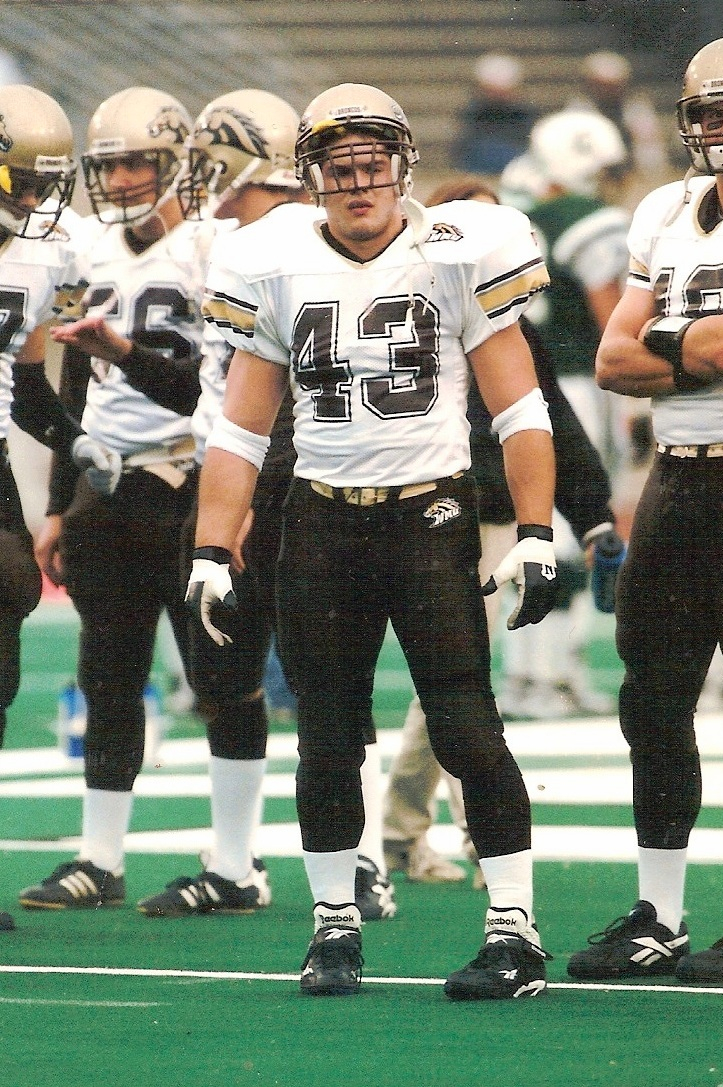
Ohio Valley Wrestling (OVW) held a live weekly show on Wednesday nights that I would occasionally go to with friends, and we ended up meeting there after one of the shows. I knew who he was from watching Tough Enough a few times, and I was instantly drawn to him because of his strong faith. After our first date, I knew he was “the one” and that I would marry him some day.
We dated for two years, during which he continued to train at OVW, as well as occasionally travel to shows with the WWE. Matt’s dream was to become a WWE Superstar, not only because he loved to entertain and perform, but also to be a positive example for Christ in that industry. He was on the verge of his dream becoming reality when he discovered he had a brain tumor. It was one week before he was set to debut on Monday Night Raw.
Incredibly, Matt had no symptoms and only discovered the tumor after being knocked unconscious in the ring during an OVW match. He was sent to the hospital to get checked out, which was when they discovered the tumor. After a biopsy, Matt was diagnosed with stage 2 brain cancer. We got married on the beach in Hawaii two months later.
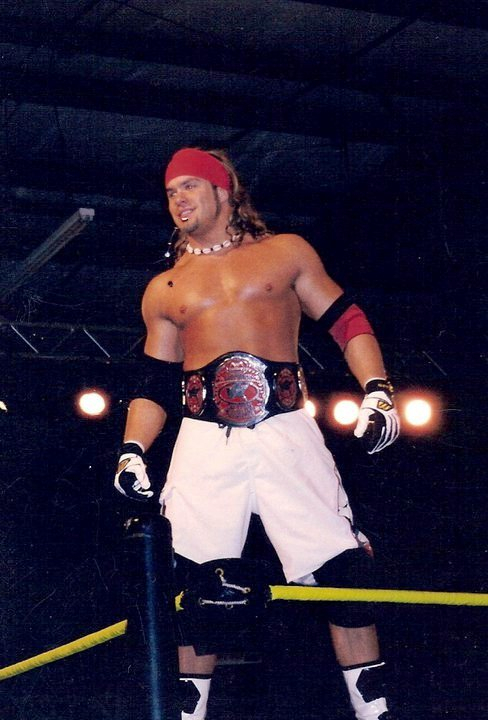
Unfortunately, with the cancer diagnosis, Matt had to put his dream of becoming a WWE Superstar on hold. In 2007, he had surgery to remove the tumor, and then did six weeks of proton radiation, followed by oral chemotherapy for the following two years. From that point on, he had MRIs regularly and the scans were clear for the next 10 years.
We had an amazing 12-year marriage, and I’m so thankful for those cancer free years I got to have with him, living life to the fullest. From our beach trips, to cruising in the Jeep on summer nights, our pizza and putt-putt dates, and even just our boring nights chilling on the couch at home, every day with him was fun. His smile and laugh were the joy of my days. I thanked God every single day for sending him to me. I never imagined the tumor would come back and naively thought his fight with cancer was over. Little did I know; the worst was yet to come.
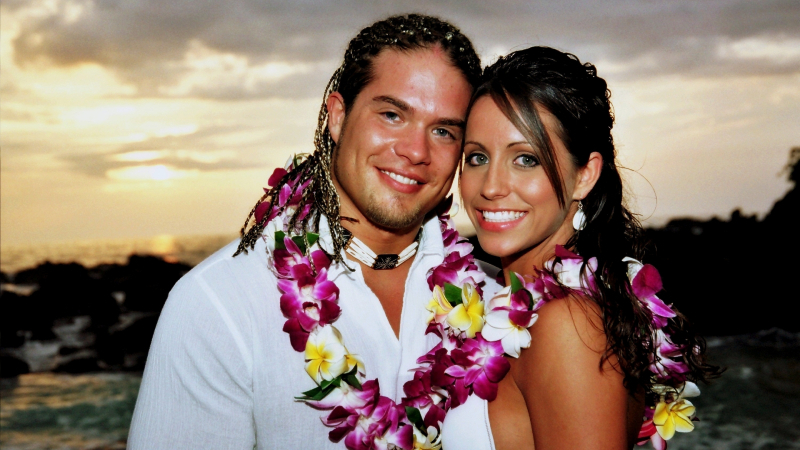
Exactly 10 years after his first brain surgery, an MRI showed the tumor had grown back. I’ll never forget the day I got that call and heard those words come from his mouth – my worst nightmare had come true. Two days later, Matt had surgery to remove as much of the tumor as they could from his brain. About a week later we got the official diagnoses: Grade IV glioblastoma multiforme (GBM), the worst and deadliest form of brain cancer. The prognosis for GBM is not good, and we were told that even with treatment, the average life expectancy is around six months.
Matt underwent chemotherapy and also used a device called Optune, a fairly new form of treatment for brain cancer. Unfortunately, the treatments couldn’t keep the tumor from growing, and he continued to decline as the months went by. Watching my strong, outgoing, energetic husband slowly deteriorate was the worst thing I’ve ever been through in my life. He passed away exactly a year after his brain surgery on June 29th, 2018.
I knew Matt wanted to donate his organs, but because of the cancer he was unable to do so. He couldn’t speak towards the end, but I just knew he would have wanted to do something to help others in some way. Then I remembered his interest in CTE. During Matt’s time with the WWE, he became friends with Chris Nowinski and learned of the work he was doing to advance concussion and CTE research.
Matt was committed to CTE research as someone who had suffered multiple concussions in the past through football and wrestling, and someone who always wanted to help out a friend in any way he could. When he had his tumor removed in 2007, he reached out to Chris and coordinated sending the brain sample to Boston and the UNITE Brain Bank, just in case they could learn something from some of the healthy tissue that was removed. He did the same thing after his surgery in 2017. When we lost Matt, I knew he would have wanted his brain donated to help further CTE research. So that is what we did. He is the first person to have his brain tissue studied for CTE while he was alive and after he passed away.
While Matt had no obvious symptoms of CTE I saw during his life, it’s hard to really know because of the enormous changes his cancer caused. He did suffer from mild seizures or partial seizures, as they’re called, for the last two years of his life. Around the same time, he was also diagnosed with Parkinsonism, which is a neurological disorder that has many similar symptoms of Parkinson’s disease, such as slow movement, speech and writing changes, and muscle stiffness, among others. I noticed some of these changes a few years before he died, as well as some slight personality changes over the last few years.
When we got the results back from the donation, we learned he had been diagnosed with CTE, as well as Parkinson’s Disease. I found myself a bit emotional after hearing the diagnosis, and it explained a few things for me. Now I know that along with everything he dealt with from his brain cancer, he may also have been experiencing the early stages of CTE’s effect on his mood, memory, and thinking. Despite all of this adversity, he handled it like a champ, always stayed positive, and never complained.
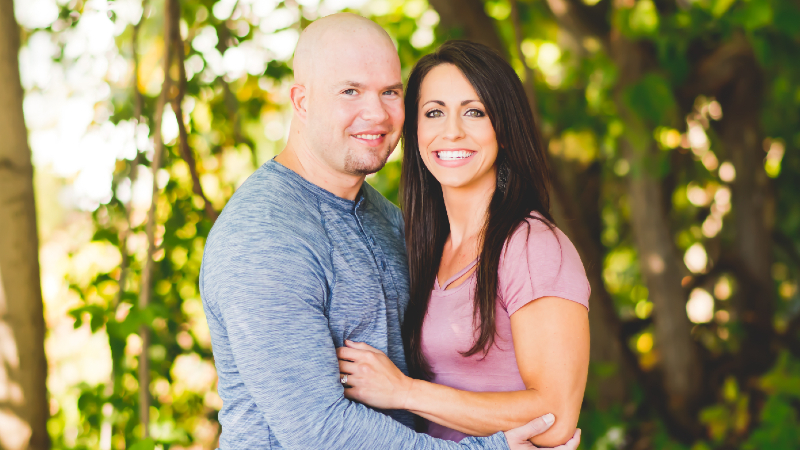
The most common thing people say about Matt is that he was one of, if not the BEST, person they knew. He impacted countless lives. There was something about him – his smile, his laugh, just his presence, that drew people to him. More than that though, I think it’s because of the way he genuinely cared about others and how he made everyone he met feel important, no matter who they were. He made everybody feel like a somebody. He loved helping others and making people laugh. I think he was happiest when he was putting a smile on someone else’s face.
Throughout all of his injuries and health conditions, and even after two brain surgeries, chemo, and radiation, he never complained or felt sorry for himself. He never let it get him down. He was still always looking out for others and always laughing and joking around, even at the very end of his life. That was just Matt. I know he was disappointed that his dreams of becoming a WWE superstar didn’t become a reality, but he didn’t let it get him down. He continued to trust God’s plan and made the best of where He put him. He continued to help and inspire others, even if it wasn’t in the wrestling ring. All he wanted to do from his initial diagnosis of brain cancer in 2006 was to help and inspire others with his story and to point them to Jesus, and my hope is that his story will continue to do so. I’m thankful for the Concussion Legacy Foundation and that Matt was able to play a role in advancing the research and awareness of CTE, which I know is what he would have wanted.
